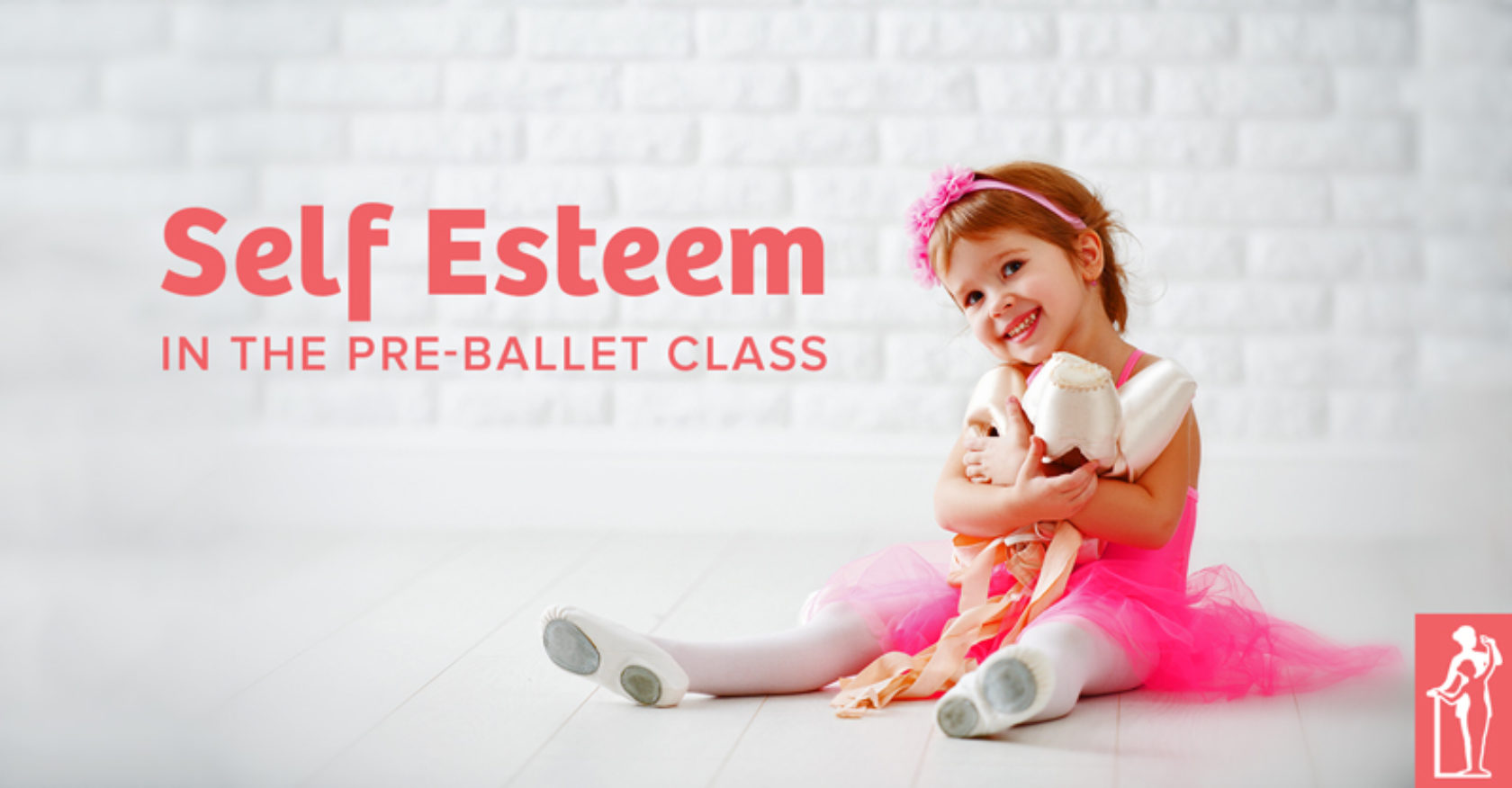
Self-esteem is an internalizing of
who and what you are. Knowing and understanding who we are is
essential to the growth process of every individual. Lack of such knowledge or the internalizing of
wrong ideas about themselves can cause lasting negative effects on a person’s self-worth. Your youngest students will not understand that it is not dependent upon talents, clothes, appearance, etc., so one thing you will have to teach them in your classroom encounters is
how to view oneself in the world today.
Set the Example
The teacher’s attitude speaks loudly. Teachers must have self-esteem and display confidence. When they walk into your classroom, they are trusting you completely to be their
safe place, their steady rock, and their
loyal friend for the next 45 minutes. You are their
role model. Their young minds are malleable and open; they really do “soak it all in” like a sponge, as they say. Our actions, words, attitudes, ability to handle stress, and tenderness with them says more than we know. It tells them that
we are in control,
we are safe,
we love them and
they can be themselves because of it.
Learn About the Personalities
Each person is an individual and is unique. It is alright for the outgoing child to be outgoing. Children who are “shy” should be allowed to be shy, and should not have unnecessary attention drawn to them. It is
necessary for both of them to be themselves in order to have self-esteem.
Taking the time to learn about and understand the personalities has helped me in more ways than I could count. I’ve read Florence Littauer’s
Personality Plus more than once since I’ve started teaching, and it has helped me to understand not only
why they act in certain ways, but also
how to respond that will not only make sense to them, but also
affirm them for who they are. It also helps to know that sometimes your personality will totally clash with your student’s, yet you can still find ways to get along and even
enjoy each other!
You are working with little souls. Don’t forget that. Even though they’re young and don’t understand everything, they still take in a lot from you. In fact, I would even say that
because they’re so young, be extra careful with
what you say and
how you say it, so that they can grow up to be
whole, affirmed, confident individuals some day.
When They Fail
The joy of accomplishment is important to self-esteem. If your standards for the children are too high, they will feel frustrated, pressured and probably act out. If your expectations are too low, they may get the message that you don’t think they are capable.
Accomplishment should be a
tool for the development of self-esteem, but should not
become self-esteem itself.
What you are is more important than what you do. Failure is difficult for the young child to accept, sometimes because they can let it tell them that they
are bad or that they
are a failure. Just remind them that
dancing is a process; it takes time to become good at it. In the meantime, spend as little time dwelling on a failed attempt, and move on quickly to something they
love and that
they can do.
This is why teaching material that is age appropriate is so important. Taking the time to really
study the material you’ll be teaching them,
how you will teach it and then taking note of
how they receive it in class with help them and you progress. Putting a 5 year-old at a ballet barre and expecting perfect tendus from fifth en croix in her once-a-week class
will not happen because her body cannot handle all that that particular step requires. However, having her stand on a spot on the floor with her hands on her waist and her feet parallel, she can do some pretty nice “point, togethers” all by herself!
She likes to do things well. Don’t we all?
Set your students up for a great experience in your classroom week after week. Be an example of confidence, good self-esteem and patience with them
for where they are in the learning process. You will find that they
want to do their
best for you and
for themselves every single time.
Related Articles

Related
 Self-esteem is an internalizing of who and what you are. Knowing and understanding who we are is essential to the growth process of every individual. Lack of such knowledge or the internalizing of wrong ideas about themselves can cause lasting negative effects on a person’s self-worth. Your youngest students will not understand that it is not dependent upon talents, clothes, appearance, etc., so one thing you will have to teach them in your classroom encounters is how to view oneself in the world today.
Self-esteem is an internalizing of who and what you are. Knowing and understanding who we are is essential to the growth process of every individual. Lack of such knowledge or the internalizing of wrong ideas about themselves can cause lasting negative effects on a person’s self-worth. Your youngest students will not understand that it is not dependent upon talents, clothes, appearance, etc., so one thing you will have to teach them in your classroom encounters is how to view oneself in the world today.


Comments
No comments for this post.
Add Comment